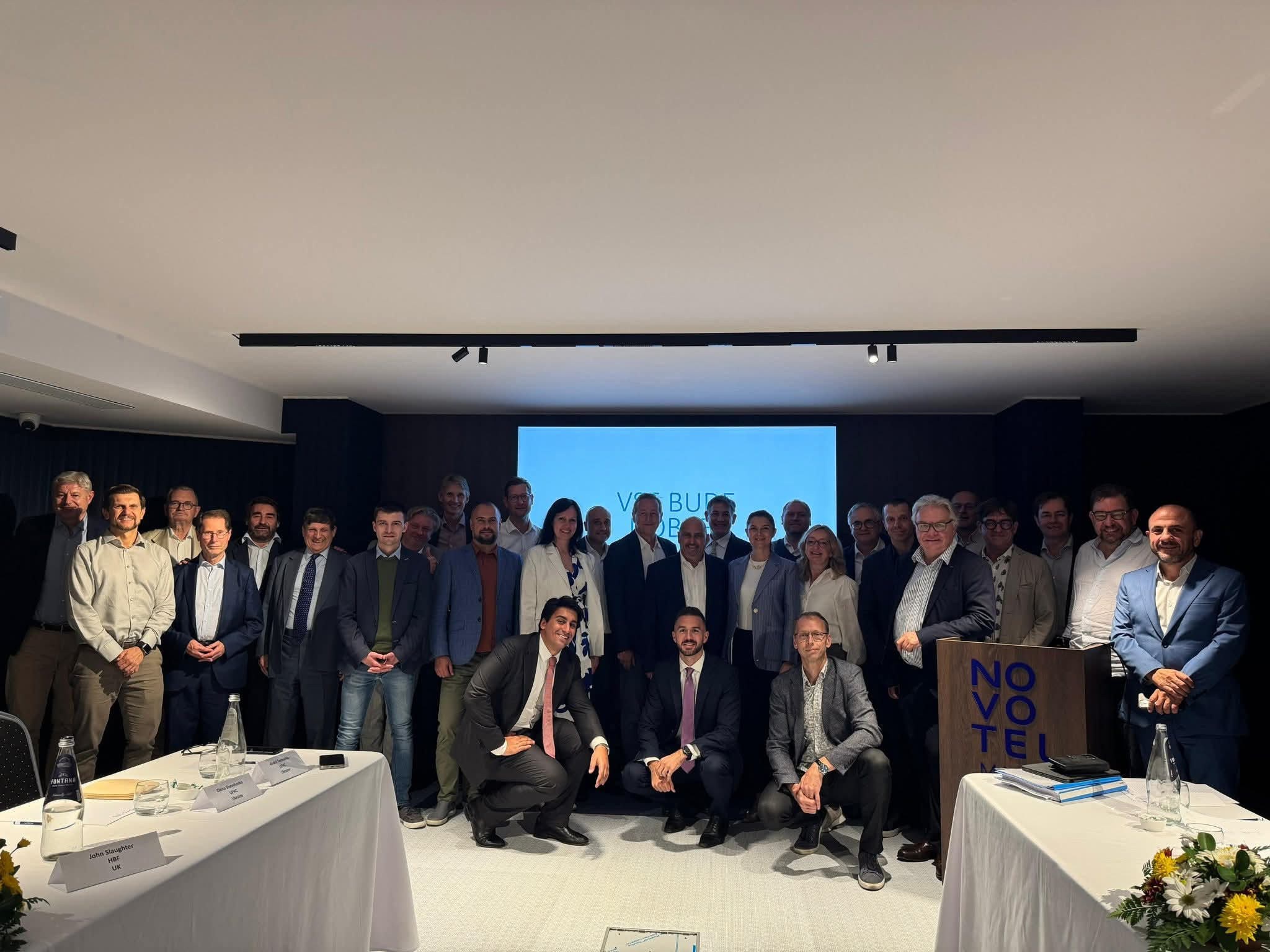The announcement on Thursday that a major reform meant to upgrade the skills of workers in Malta’s tourism and hospitality industries is set to take effect in January 2024 has been welcomed by the Malta Hotels and Restaurants Association (MHRA) and the Chamber of SMEs, with both organisations expressing their support for the measure in principle.
However, both expressed concern about the additional costs and difficulties employers may face in recruiting much-needed foreign workers.
The proposed reform, which is currently open for public consultation until 16th November, would see Third Country Nationals (TCNs) applying for work in these sectors in Malta needing to complete a training course and pass an assessment before being granted a work permit.
Upon their arrival in Malta, they will need to sit for a practical test. If they do not pass, their work permit will be revoked and they will be repatriated.
The total cost of the training course, theory and practical tests will amount to €575. Certification will be issued by the Institute for Tourism Studies (ITS).
The white paper foresees the new rules being extended to TCNs already working in Malta by October 2024, and to locals and EU nationals by January 2025.
Reacting to the announcement, the MHRA said it is important that those seeking work in Malta have the necessary skills before they arrive in Malta, positioning itself as “supportive of this ideal”.
However, it emphasised that solutions “need to be well planned ahead and sufficiently practical to avoid precipitating the existing challenges linked to labour supply shortages in the hotel and restaurant sector,” noting that such challenges are being faced across Europe.
The organisation said that it would be reviewing in further detail the proposed process for implementation “to ensure that it will not burden the rightful recruitment of foreign workers to Malta”, adding that these “are key for the survival and efficient operation of the hospitality industry, which is increasingly becoming dependent on the recruitment of expats.”
“MHRA will be discussing the announced modus operandi of the scheme and related costs with the relevant authorities, which is bound to further increase operational costs and also make the process of recruitment more difficult than it already is. MHRA needs to also ensure that the process related to the issuing of the skill card is an efficient and expedient one.”

Meanwhile, Chamber of SMEs deputy president and head of the tourism and hospitality sector, Philip Fenech, observed that the “exponential growth” of tourism over the last years has made it difficult for the supply of human resources to keep up with the demand, precipitating the introduction of “a substantial amount of foreign employees to the industry that didn’t have the basics of job knowledge and in some cases couldn’t even speak English.”
He said: “The introduction of skills cards will at least give the basic knowledge needed, and employees will have the option to learn more than the basic requirements. The slow but steady introduction of skill cards will raise the desired standards not only for TCNs but eventually for everyone working in the industry.”
Mr Fenech noted that stakeholders were told there “would not be any knee-jerk introductions and the transition would be gradual not to create any further costs for employers.”
Overall, he believes that”every employer has to gain since they will end up with staff of a higher standard and employees will be identified as having the skills when applying for a job.”
Mr Fenech added that the Chamber of SMEs is launching a consultation for its members where the details of the reform can be discussed with representatives from ITS and any suggestions put forward.
“We have been told that this is not necessarily the final document, and that the Government is open to proposals for changes or additions,” he said.
Malta welcomes 20 nations for Build Europe Congress on housing and development
The event featured round table discussions on affordable housing, planning efficiency, taxation and sustainable development
Malta Boat Show expands in second edition with over 160 boats and 75 exhibitors
For the first time, the Malta Boat Show has attracted international exhibitors
Truckers call on Government to push back on EU zero-emission rules
'The path to decarbonisation must be built on practical readiness, not political symbolism' – ATTO






